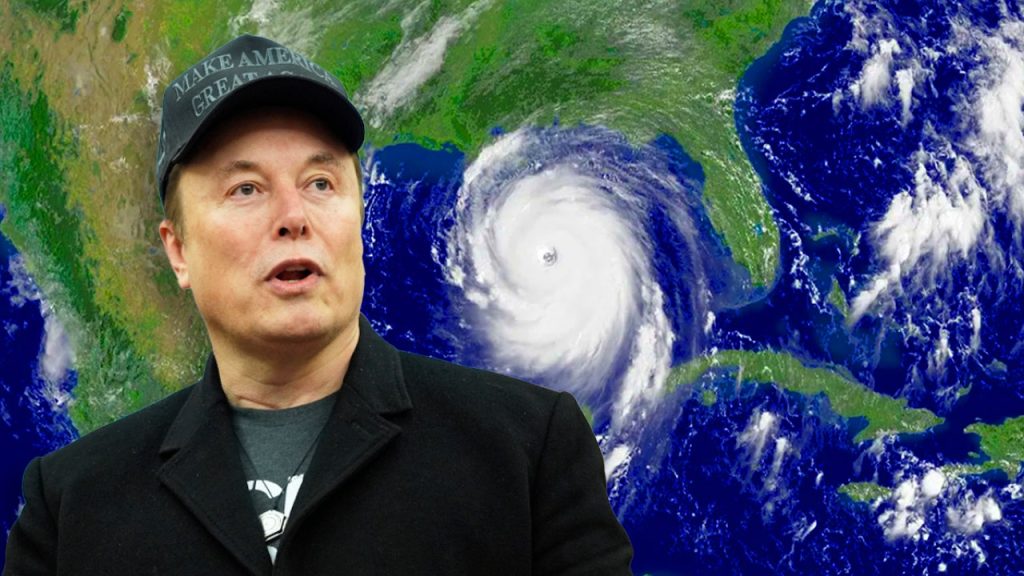In a controversial move, the National Oceanic and Atmospheric Administration (NOAA) has laid off approximately 880 employees, triggering widespread criticism from Democratic lawmakers who argue that such cuts will undermine the agency’s ability to forecast dangerous weather conditions. The layoffs come amid a broader trend of downsizing within the federal government, spearheaded by the current administration aimed at reducing costs. This report examines the implications of these layoffs, the reactions from federal lawmakers, and the ongoing debate over the future of weather monitoring services in the United States.
| Article Subheadings |
|---|
| 1) Overview of the Layoffs at NOAA |
| 2) Lawmakers Respond to NOAA’s Actions |
| 3) Effects on Weather Forecasting Capabilities |
| 4) Public Reactions and Concerns |
| 5) Future of NOAA and Weather Services |
Overview of the Layoffs at NOAA
The recent decision to terminate nearly 880 employees at the National Oceanic and Atmospheric Administration (NOAA) has raised eyebrows within political circles and among the general public. The layoffs, confirmed by Sen. Maria Cantwell from Washington, occurred on Thursday as part of what the administration describes as a necessary effort to downsize and streamline federal operations. This move appears aligned with the broader fiscal policies being implemented by the current administration, aimed at reducing governmental expenditure and increasing efficiency. While the official reason provided for the layoffs centers around cost-cutting, many critics are questioning the motivations behind these actions.
Lawmakers Respond to NOAA’s Actions
In the wake of the layoffs, several Democratic lawmakers have come forward to express their outrage over the NOAA’s decision. Sen. Chris Van Hollen of Maryland referred to the firings as an illegal action orchestrated by the administration, threatening to exacerbate the challenges faced by those working in emergency response and weather services. His remarks underscore a growing concern among lawmakers that the federal government’s priority on budget cuts could compromise public safety. Rep. Grace Meng from New York echoed this sentiment, labeling the firings as “unconscionable” and indicative of a reckless approach that harms the American public. These statements from elected officials highlight a notable divide regarding perceptions of government efficiency versus the maintenance of essential services.
Effects on Weather Forecasting Capabilities
The layoffs at NOAA could have significant consequences for the agency’s weather forecasting capabilities. Experts suggest that the terminated positions included experienced meteorologists, data scientists, and technicians critical to forecasting accuracy and reliability. Daniel Swain, a climate scientist at UCLA, characterized the cuts as “profoundly alarming,” indicating that the loss of personnel dedicated to upgrading predictive models and maintaining weather observation networks could weaken the nation’s ability to respond to weather-related emergencies. In a country increasingly impacted by climate change, the repercussions of diminished forecasting services could be severe, potentially endangering lives, property, and ecosystems.
Public Reactions and Concerns
The public response to the NOAA layoffs has been one of significant concern, particularly among those residing in regions frequently affected by extreme weather. Residents, particularly those in hurricane-prone states, have expressed worries that the cuts will lead to delays in critical weather information, thereby jeopardizing preparedness and response efforts. Additionally, advocacy groups and environmental organizations have been vocal in their opposition, arguing that maintaining a strong scientific workforce is crucial for tackling climate-related challenges. As discussions surrounding the budget cuts continue, public pressure may influence future decisions regarding staffing and funding for NOAA and similar agencies.
Future of NOAA and Weather Services
Looking ahead, the future of NOAA and its various weather services is increasingly uncertain. The officials at NOAA have stated that they remain committed to their mission despite the layoffs, asserting that measures will be taken to ensure continuity in delivering critical information and resources to the public. However, the effectiveness of those measures will remain under scrutiny given the extensive cuts to staff and resources. If the trend of downsizing continues, NOAA and its ability to safeguard public interests may be at risk. Plans for restructuring operations or reallocation of funds will likely be a priority in the near future, as officials seek to balance fiscal responsibility with the imperative of public safety and environmental protection.
| No. | Key Points |
|---|---|
| 1 | NOAA laid off approximately 880 employees, raising concerns over its weather forecasting abilities. |
| 2 | Critics, including Democratic lawmakers, have condemned the layoffs as reckless and dangerous. |
| 3 | Expert opinions highlight potential negative impacts on emergency preparedness and response to extreme weather events. |
| 4 | Public outcry suggests significant concern over the implications for safety and information accessibility. |
| 5 | The future of NOAA remains uncertain with ongoing discussions about restructuring and funding challenges. |
Summary
The layoffs at NOAA signify a critical moment in the ongoing debate over governmental spending and the preservation of essential public services. As the scientific community and lawmakers weigh in on the repercussions of cutting experienced personnel, the future of weather forecasting services in the U.S. faces serious scrutiny. Balancing the need for fiscal responsibility with the protection of public safety is likely to remain a contentious issue as the broader implications of these layoffs unfold.
Frequently Asked Questions
Question: What roles did the employees at NOAA hold before their layoffs?
The employees included meteorologists, data scientists, and technicians responsible for weather forecasting, data management, and network maintenance, all critical for effective weather predictions.
Question: How have lawmakers responded to NOAA’s layoffs?
Lawmakers, particularly Democrats, have expressed strong opposition, describing the layoffs as reckless and detrimental to public safety and emergency preparedness.
Question: What could be the long-term effects of these layoffs on weather services?
Long-term effects might include reduced forecasting accuracy, slower response times to severe weather events, and challenges in managing climate-related emergencies.


